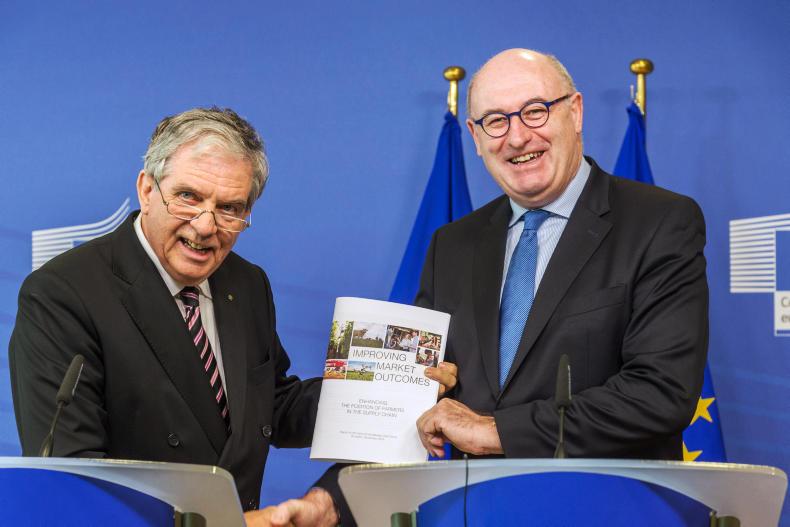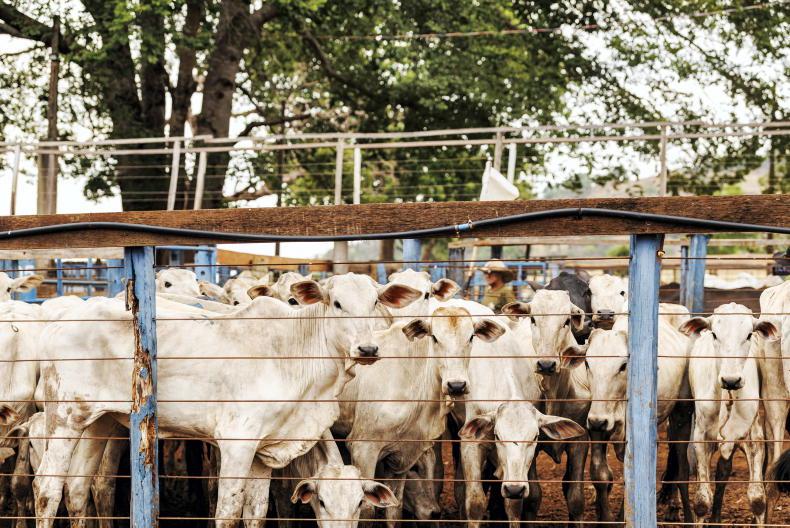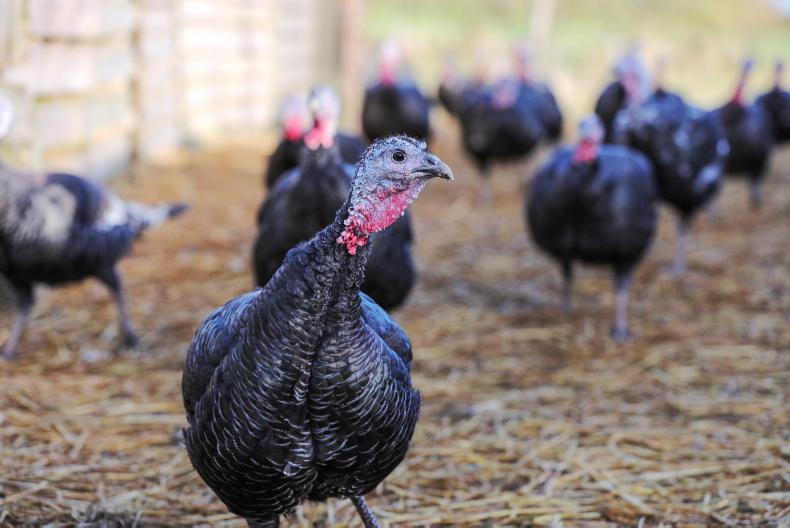The agriculture committee of the European Parliament last week voted by an overwhelming majority to endorse the unfair trading practices (UTP) proposals that were agreed in trilogue just before Christmas. They now go before the full Parliament for a final vote at the beginning of March and if approved there, they will become part of EU legislation following council ratification.
Listen to "Matt Carthy MEP on fair food chain legislation" on Spreaker.
Debate on UTP legislation has been around for over a decade with Fine Gael MEP Mairead Mc Guinness campaigning for them. She brought a report as rapporteur to Parliament, which secured massive support with over 600 MEPs voting in its favour in 2016. It did not have authority from a legislative perspective, but it reinforced the work of the European Commissioner for Agriculture and Rural Development, who had set up a taskforce to examine the issue. It reported at the end of that year and the legislative process commenced.
Dealing with UTPs has been a complex issue at EU level. For Irish farmers, the need for legislation may appear blindingly obvious but there has been a divergence of opinion between member states. European Commissioner for Agriculture and Rural Development Phil Hogan has taken the view that when at least 20 countries legislated on the issue individually, it was time for a collective EU position. However, to secure support for proposals, ambitions had to be reduced and what emerged from the trilogue late last year and was voted on this week was less than what some had expected.
For and against
Sinn Féin MEP Matt Carthy was among those who felt the proposals have become too diluted to be effective and he voted against in the committee.
In a podcast with the Irish Farmers Journal, he explained that without legislation on below-cost selling of agri produce, the legislation was pointless.
Mairead Mc Guinness, who has long been a champion of UTP legislation, also in a podcast took a very different view and urged national governments including Ireland to quickly appoint an ombudsman, citing what she considers the effective example of the groceries code adjudicator in the UK.
The basis of the proposals approved is that smaller suppliers will be protected against bigger buyers and fresh produce must be paid for within 30 days. Orders cannot be cancelled unilaterally on fresh produce orders with less than 30 days’ notice nor can unsold produce be returned to the supplier unless there is an upfront agreement to do so. Similarly, buyers cannot unilaterally change the terms and conditions of business after the event nor can they demand promotional payments or “hello money” as it is described in the trade.
Implementation of these proposals when they become legislation, which is expected before the end of this Parliament, will be a matter for individual member states.
Dilemma
There is an argument offered that these proposals will have little direct effect on farmers whose primary relationship in the supply chain is with factory processors.
Some including MEP Matt Carthy are strongly of the view that without going further the UTP legislation is worthless.
Yet, this was strongly rejected in the agriculture committee with 38 members supporting the proposal and only four voting against including Matt Carthy. The proposals also have the support of Copa Cogeca, the umbrella body that represents EU farm organisations.
Also, if the Commissioner had insisted on going as far as his taskforce report had recommended, he would have finished up with nothing because there was a strong body of opinion among member states that the issue was being adequately dealt with at a national level.
The proposals as presented are now expected to command a large majority in Parliament and their supporters are adamant that they are a start that can be built on rather than have stronger proposals rejected. This is a first intervention at EU level on this issue, and supporters are anxious that member states get on with the implementation phase once the formalities of a European Parliament vote in March and Council approval take place.










SHARING OPTIONS